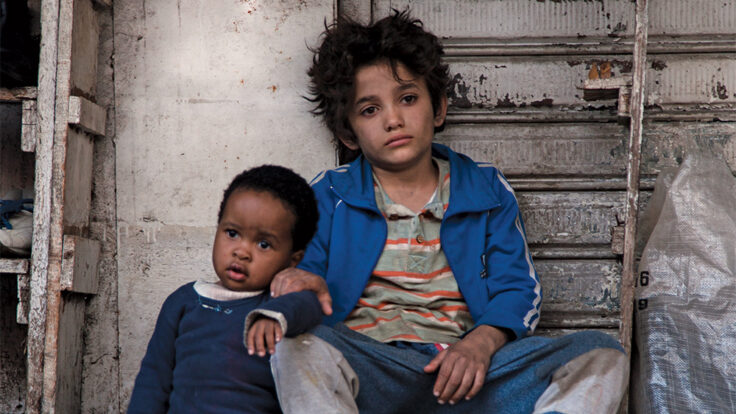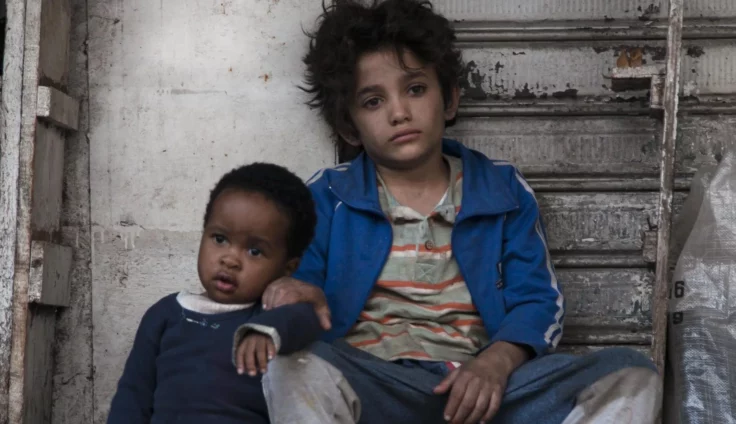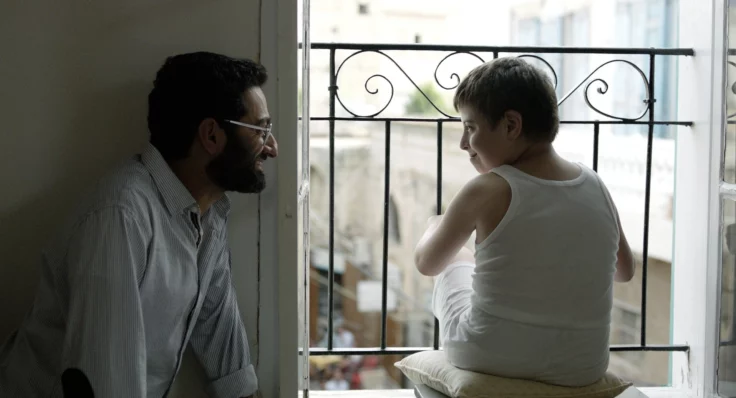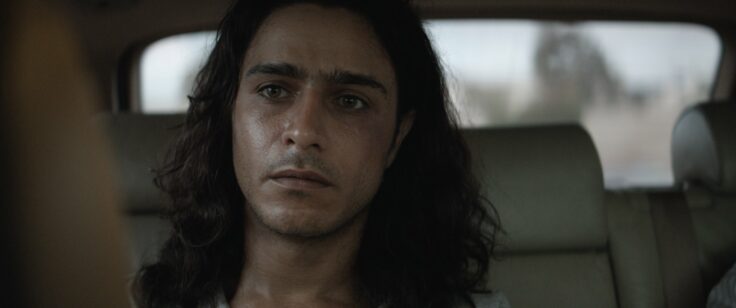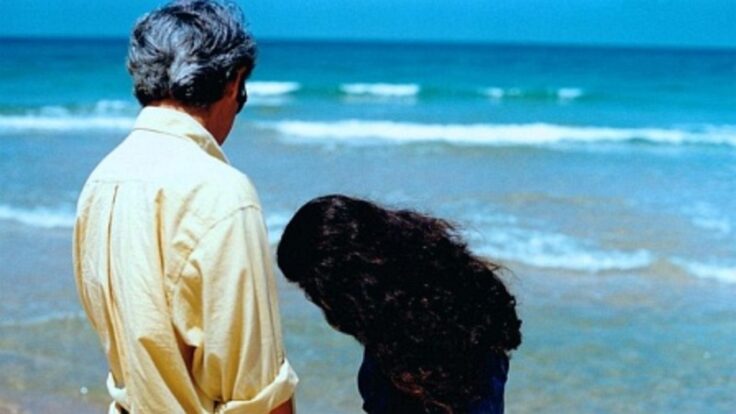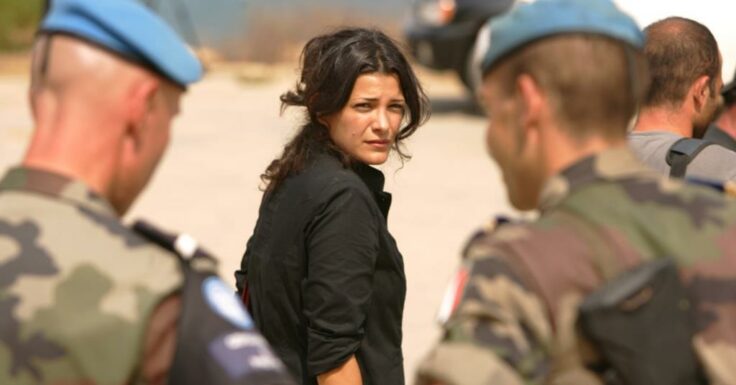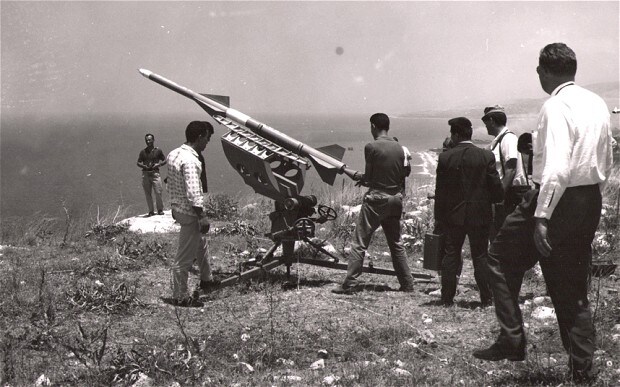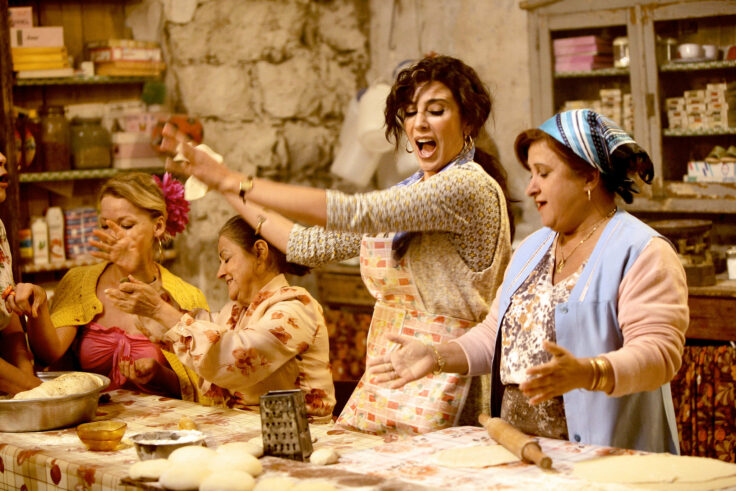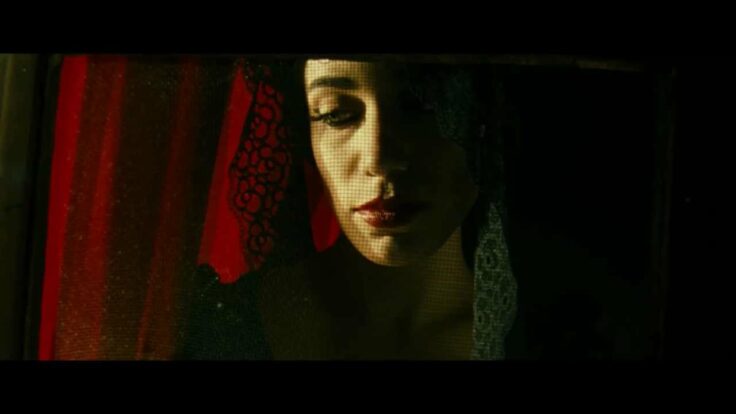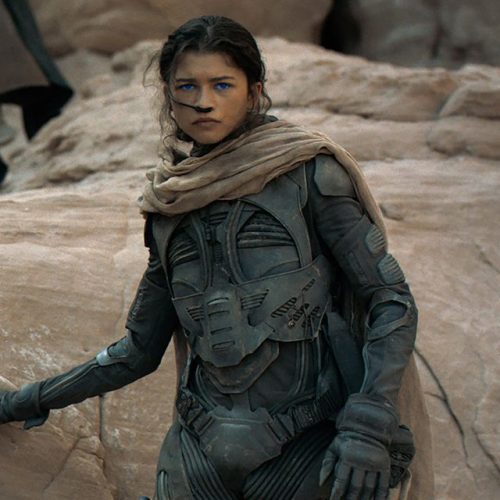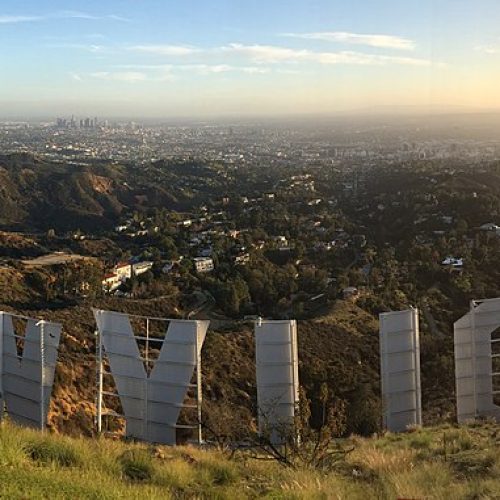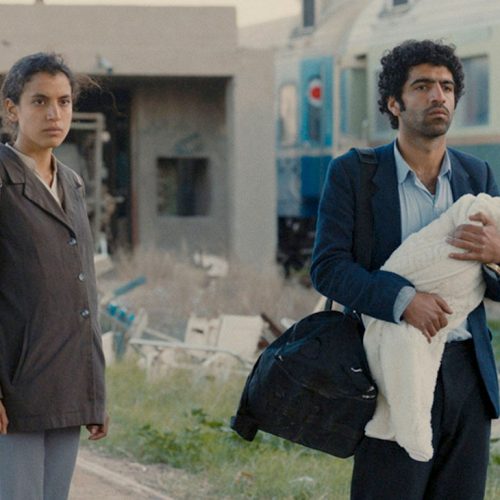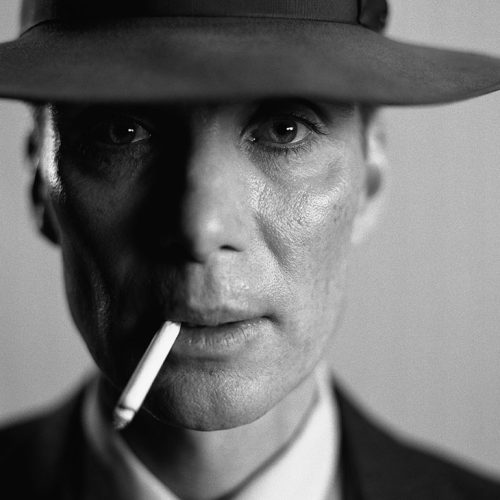Having been around since the 1920s, Lebanese cinema has thrived enough to potentially even rival Egypt.
The nation is responsible for an array of films since the Lebanese Civil War, and it’s showing no signs of slowing down. Last year, Nadine Labaki’s film ‘Capernaum’ was nominated for an Academy Award. As was Ziad Doueiry’s ‘The Insult’ the year prior.
So it goes without saying – Lebanon has undoubtably become a key figure in the global playing field. And we’re here to celebrate it. If you still haven’t dived into the Mediterranean nation’s impressive repertoire of films, we’ve rounded up the best Lebanese films for you to get started.
West Beirut
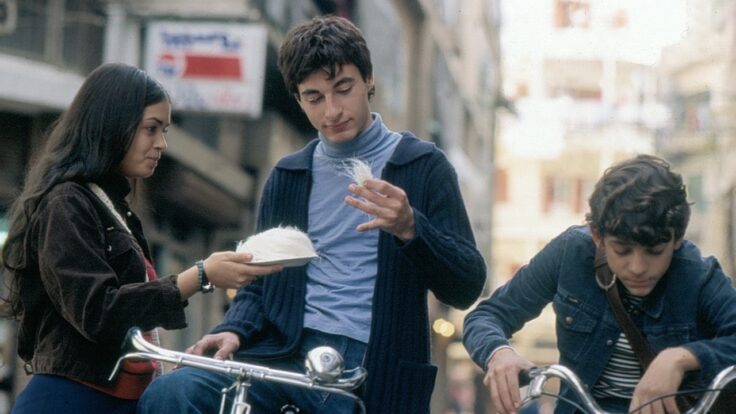
If there’s one Lebanese film you must watch, West Beirut is it. Set in 1975 at the beginning of the civil war, the film follows the story of Tarek, a high school student who is enthralled by the idea of not having to go to school. Instead, he shoots Super 8 films of all the chaos surrounding him.
Capernaum
The list would not be complete without Nadine Labaki’s Capernaum. The Oscar-nominated film sees first-time actor Zain Al Rafeea play a 12-year old Syrian refugee who sues his parents for neglect while serving a five-year sentence for a violent crime.
Ghadi
Ghadi, a young boy with special needs is at the centre of this 2013 film. With the concept of disability front and centre, the townspeople begin calling Ghadi a demon, all because he utters unintelligible sounds most of the time.
Very Big Shot
Directed by Mir-Jean Bou Chaaya (who is also behind the Netflix series, Jinn), Film Kteer Kbeer as the film was titled in Arabic, sees a Lebanese drug dealer working to sway public opinion with the help of a filmmaker as he attempts to smuggle drugs across borders.
Phantom Beirut
Set in the late 1980s, when the Lebanese conflict was at its peak, one man took advantage of the situation to fake his death.
Under the Bombs
The film sees a woman hop into a taxi on a quest to find her sister and her son in the wake of Israel’s bombing in 2006.
The Lebanese Rocket Society
Most people aren’t aware that Lebanon ran its very own space program from 1960 to 1966. This 2012 film chronicles its beginnings, its ends, and the several rockets that were launched from the hills of Beirut.
Where Do We Go Now?
If you like Nadine Labaki’s work, you’ll love this. The filmmaker tells the story of a group of women and their efforts to ease tensions between Muslim and Christian families in their village.
When Maryam Spoke Out
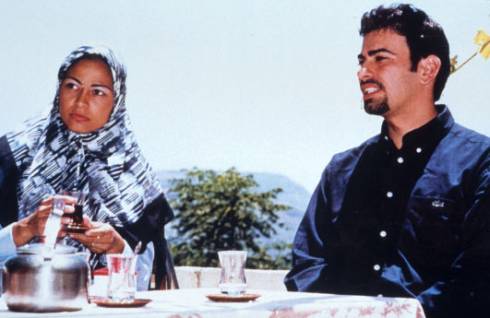
The film centres around a couple, Ziad and Maryam, who fall under societal pressure to have a baby. The film dives deep into their lives, Maryam’s relationship with her mother in law, and what it means to be an infertile Arab woman.
Tannoura Maxi
The 2012 film, directed by Joe Bou Eid, sees a priest on the brink of being ordained, fall in love with a woman and faces the temptation of being with her.





